Lithium deuteride is a chemical substance that typically appears as a white or blue, odorless gray powder. It is stable at room temperature and pressure, but it needs to avoid contact with oxides, acids, moisture/humidity, alcohol, etc. Reacts strongly in water and releases flammable gases. When in contact with water, it releases flammable gases that can ignite spontaneously, which are corrosive and have a strong irritant effect on the skin, eyes, and mucosal tissues. It can be used as a catalyst in certain chemical reactions and is also a substance with good deuterium storage capacity, therefore it has important applications in military and nuclear industries. It can also be used for synthesizing rocket fuel. Mainly used in the field of scientific research, not as medicine, household backup medicine, or for other purposes.

Additional information of chemical compound:
|
Chemical Formula |
DLi |
|
Exact Mass |
9.03 |
|
Molecular Weight |
8.95 |
|
m/z |
9.03 (100.0%), 8.03 (8.2%) |
|
Elemental Analysis |
H, 22.49; Li, 77.51 |
|
Melting point |
680℃ |
|
Density |
0.82 |
 |
 |

Lithium deuterium (LiD) is an inorganic compound composed of lithium (Li) and deuterium (D, an isotope of hydrogen). Its unique physical and chemical properties make it have important applications in multiple fields. The main uses of lithium deuteride will be elaborated in detail below.
Nuclear Industry and Nuclear Fusion Research
Lithium deuterium is one of the important fuels for nuclear fusion reactions. During nuclear fusion, the nuclei of deuterium (D) and tritium (T) combine to form helium, releasing enormous amounts of energy. Deuterium in lithium deuterium can be converted into tritium through neutron bombardment, providing fuel for nuclear fusion reactions. This characteristic makes lithium deuteride play an important role in nuclear fusion research, especially in inertial confinement fusion (ICF) and magnetic confinement fusion (MCF) experiments.
Application example: In the International Thermonuclear Experimental Reactor (ITER) program, lithium deuterium is considered as one of the potential fuel sources. By optimizing the use of lithium deuterium, the cost of nuclear fusion reactions can be reduced and efficiency can be improved.
Technical challenge: The stability and reaction efficiency of lithium deuterium in nuclear fusion reactions are currently the focus of research. Scientists are exploring how to improve the performance of lithium deuteride through material modification, optimization of reaction conditions, and other means.
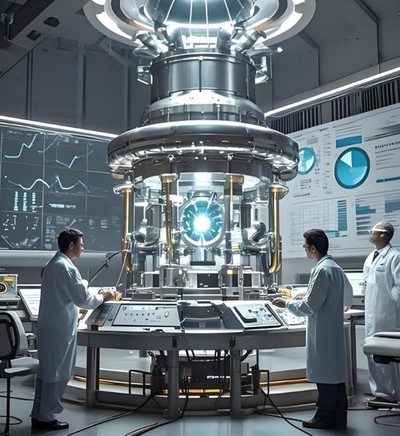
Neutron breeder
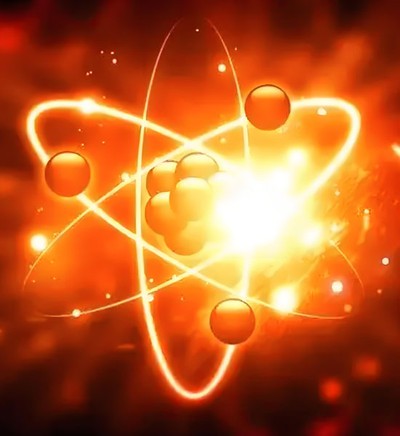
In nuclear reactors, lithium deuterium can be used as a neutron breeder. When neutrons undergo a nuclear reaction with lithium-6 isotopes in deuterated lithium, tritium and neutrons are generated. These neutrons can continue to trigger other nuclear reactions, thereby increasing the number of neutrons and improving the efficiency of nuclear reactors.
Nuclear fusion experimental apparatus
Lithium deuterium is used in various nuclear fusion experimental devices, such as tokamak devices and laser inertial confinement fusion devices. In these devices, lithium deuterium is used as fuel or target material to initiate nuclear fusion reactions through heating, compression, or laser irradiation.
Technological progress: With the continuous development of laser technology and materials science, the application of lithium deuterium in nuclear fusion experimental devices is also constantly expanding and optimizing.
Military and Aerospace Fields
Lithium deuterium is an important component of hydrogen bombs. In hydrogen bombs, lithium deuterium serves as fusion fuel and triggers nuclear fusion reactions through the high-temperature and high-pressure environment generated by atomic bomb explosions, releasing enormous amounts of energy.Lithium deuterium has a high chemical energy density and is a potential rocket propellant. In rocket engines, lithium deuteride can react chemically with other oxidants or fuels to produce high-temperature and high-pressure gases, thereby propelling the rocket into flight.Future outlook: With the continuous development of aerospace technology, the demand for efficient and safe rocket propellants is also increasing. Lithium deuterium, as a promising propellant, is expected to play an important role in the future aerospace field.
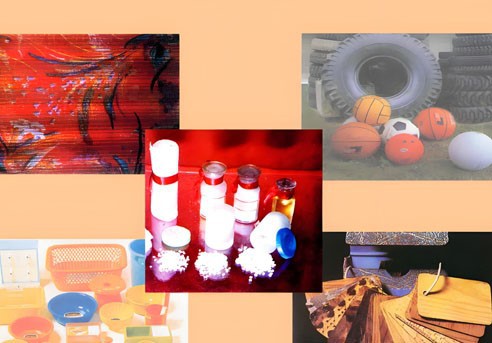
Spacecraft Energy
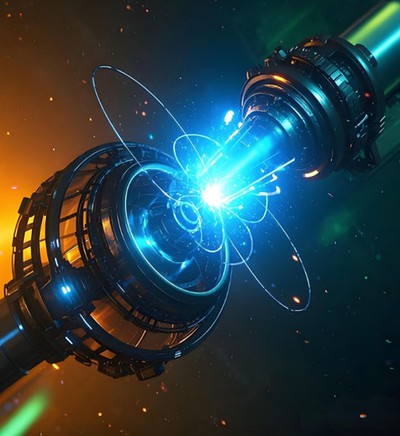
Energy supply is a key issue in long-term space missions. Lithium deuterium, as a nuclear fusion fuel, can provide sustained and stable energy supply for spacecraft. The energy generated through nuclear fusion reactions can drive various devices of spacecraft, such as communication systems, life support systems, etc.
Application prospects: With the continuous development of nuclear fusion technology, the application prospects of lithium deuterium as a spacecraft energy source are becoming increasingly broad. In the future, lithium deuterium is expected to become an important energy source for long-term space missions such as deep space exploration and interstellar travel.
Technical challenges: However, the technical challenges of lithium deuterium in spacecraft energy applications cannot be ignored. Further research and solutions are needed to ensure the safety and stability of nuclear fusion reactions, as well as to effectively collect and utilize the energy generated by the reactions.
Research and Laboratory Applications
Deuterium lithium plays an important role in the preparation of neutron sources. Neutron beams can be generated by bombarding deuterium lithium with neutrons, and can be used in scientific research fields such as neutron scattering experiments and neutron activation analysis. In neutron scattering experiments, neutron beams can be used to study the microstructure and dynamic behavior of matter. Deuterium lithium, as a neutron source material, provides stable and reliable neutron beams for these experiments. Compared with other neutron sources, deuterium lithium has the advantages of high neutron yield and adjustable energy, making it uniquely valuable in neutron scattering experiments and other fields.Lithium deuteride is an important material in nuclear reaction research. By studying the interactions between lithium deuterium and particles such as neutrons and protons, we can gain a deeper understanding of the mechanisms and dynamic processes of nuclear reactions. Scientists use experiments and theoretical calculations to study the nuclear reaction cross-section and product distribution of deuterium lithium under different conditions, in order to reveal the inherent laws of nuclear reactions. The study of nuclear reactions is of great significance for understanding the evolution of the universe and developing new energy sources. Deuterium lithium, as an important material for nuclear reaction research, provides strong support for these studies.

isotopic labeling

Deuterium in lithium is a stable isotope that can be used for isotope labeling experiments. Isotope labeling technology is widely used in fields such as biochemistry and drug development to track the metabolic pathways of molecules and study the mechanisms of enzyme action. In drug development, scientists can use deuterium lithium to isotope label drug molecules and track the metabolic process of drugs in the body to evaluate their efficacy and safety. Isotope labeling technology has the advantages of high sensitivity and good specificity, and is widely used in fields such as biochemistry and drug development.
Energy storage and conversion
Deuterium lithium can serve as a reversible material for storing and releasing hydrogen gas. Although its hydrogen storage capacity is relatively low, the high energy density and potential performance advantages of deuterium lithium make it of certain research value in the field of hydrogen energy. Currently, scientists are exploring how to improve the hydrogen storage capacity and cycling stability of lithium deuterium by optimizing its structure and performance. For example, the hydrogen storage performance of deuterium lithium can be improved through methods such as nanomaterialization and alloying. With the continuous development of hydrogen energy technology, the demand for efficient and safe hydrogen storage materials is also increasing. Deuterium lithium, as a promising hydrogen storage material, is expected to play an important role in the future field of hydrogen energy.
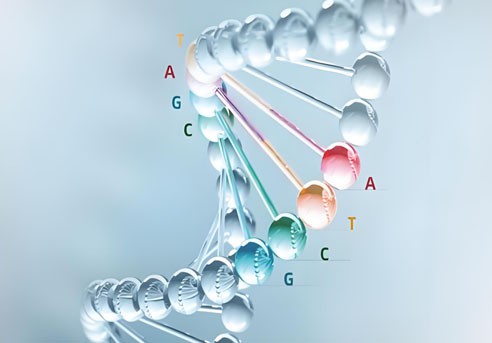
fuel cell
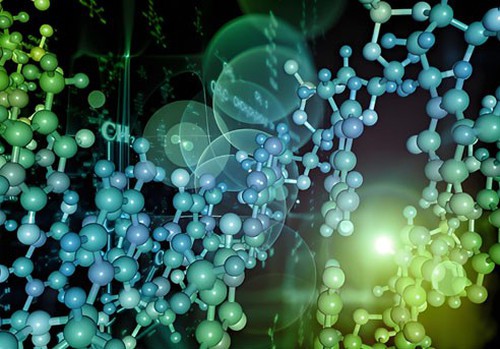
Hydrogen is one of the commonly used fuels in fuel cells. Deuterium lithium can provide fuel for fuel cells by releasing hydrogen gas. Although the application of deuterium lithium as fuel for fuel cells still faces many challenges, its high energy density and potential performance advantages make it have certain application prospects in the field of energy storage and conversion in the future. Currently, scientists are exploring how to combine deuterium lithium with fuel cell technology to develop efficient and environmentally friendly energy conversion systems. For example, by optimizing the hydrogen release rate of lithium deuterium and the operating conditions of fuel cells, the overall efficiency and stability of the system can be improved. With the continuous development of fuel cell technology, the application prospects of deuterium lithium as fuel for fuel cells are becoming increasingly broad. In the future, lithium deuterium is expected to become one of the important fuel sources for fuel cell technology.
Other special applications
Lithium deuterated materials (such as LiDT) have unique properties such as low density and low atomic number, and can be used as low-energy X-ray scattering and transmission materials. It has important research and application value in fields such as astronomy research and nuclear effect testing. In astronomical research, low-energy X-ray scattering materials can be used to detect X-ray radiation emitted by celestial bodies to study their physical properties and evolution processes. Deuterium lithium material, as a low-energy X-ray scattering material, has unique advantages and potential. Compared with other X-ray scattering materials, deuterated lithium materials have the advantages of low density and low atomic number, making them more sensitive and high-resolution in the field of low-energy X-ray scattering.
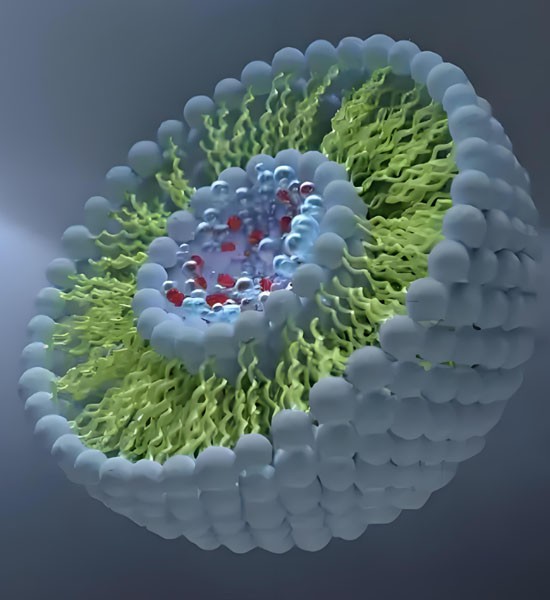
Light neutron moderator
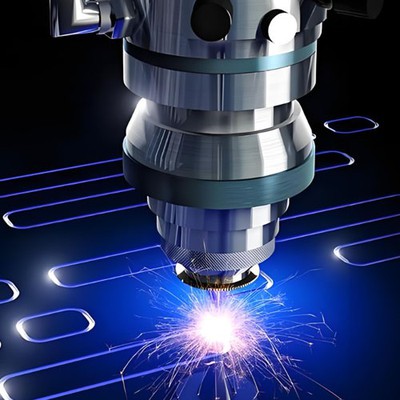
Deuterium lithium can also be used as a light neutron moderator. In neutron scattering experiments or nuclear reactors, neutron moderator is used to reduce the energy of neutrons, making them easier to interact with the target nucleus. Lithium deuterium, as a lightweight neutron moderator, has the advantages of good neutron deceleration effect and minimal impact on experiments or reactors. In some neutron scattering experiments, in order to obtain better experimental results, neutron moderator is needed to reduce the energy of neutrons. Lithium deuterium, as a lightweight neutron moderator, can meet this requirement. With the continuous development of neutron scattering technology and nuclear reactor technology, the performance requirements for neutron reducers are also constantly increasing. Scientists are exploring how to improve the effectiveness and stability of deuterium lithium as a neutron moderator by optimizing its structure and properties.
Hot Tags: lithium deuteride cas 13587-16-1, suppliers, manufacturers, factory, wholesale, buy, price, bulk, for sale








